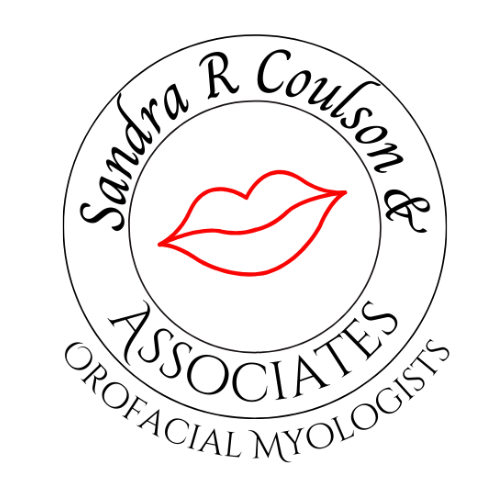"The Benefits of Orofacial Myology for Children"
Dec 28, 2022As a parent, it's natural to want the best for your child, and this includes their oral health and development. Orofacial myology is a field dedicated to improving the function and health of the mouth and facial muscles, and it can be particularly beneficial for children. Here are some of the ways in which orofacial myology can help children:
- Proper tongue posture for oral development: Proper tongue posture is important for proper oral development in children. It can help ensure that the teeth come in properly aligned and that the jaw grows in a healthy manner. An orofacial myologist can teach children the correct tongue posture and provide exercises to help them maintain it.
For example, when a child has proper tongue posture, their tongue should rest at the roof of their mouth and be positioned behind their front teeth when at rest. This can help prevent issues such as an open bite, where the front teeth do not touch when the mouth is closed. It can also help prevent crossbites, where the upper and lower teeth do not align properly.
- Help with speech impediments: Orofacial myology can be helpful for children who have speech impediments, such as a lisp or difficulty with certain sounds. An orofacial myologist can work with children to improve their speech clarity through techniques such as oral exercises and appliance therapy.
For example, an orofacial myologist may use techniques such as shaping, where the child is guided through the proper movements to make a sound, or use of an oral appliance, such as a tongue thrust appliance, to help train the tongue to rest in the proper position.
- Early intervention: Orofacial myology can be especially beneficial when it is initiated early on. By addressing issues such as poor tongue posture and speech impediments early on, an orofacial myologist can help prevent more serious problems from developing later on.
For example, if a child has a lisp, it can be easier to correct at an early age than if it is allowed to persist and become ingrained. Similarly, if a child has poor tongue posture, it can be easier to correct before it becomes a habit and leads to more serious issues such as misaligned teeth or jaw problems.
Here are some tips on how parents can encourage good oral habits in their children:
-
Lead by example: Children often mimic the behavior of their parents, so it's important to set a good example by practicing good oral hygiene yourself. This includes brushing twice a day, flossing daily, and visiting the dentist regularly.
-
Make oral hygiene fun: Make brushing and flossing a fun activity for your child by using flavored toothpaste or playing fun music while they brush. You can also use stickers or a chart to track their brushing and flossing progress.
-
Use age-appropriate tools: Make sure your child is using the right sized toothbrush and toothpaste for their age. Children under the age of three should use a pea-sized amount of fluoride toothpaste, while children over the age of three can use a pea-sized amount of fluoride toothpaste.
-
Make regular dental visits: Regular dental visits can help ensure that your child's teeth are developing properly and can catch any issues early on. It's recommended that children visit the dentist every six months or as recommended by their dentist.
By incorporating these tips and seeking the help of an orofacial myologist when needed, parents can help ensure that their children have healthy mouths and facial muscles for a lifetime
